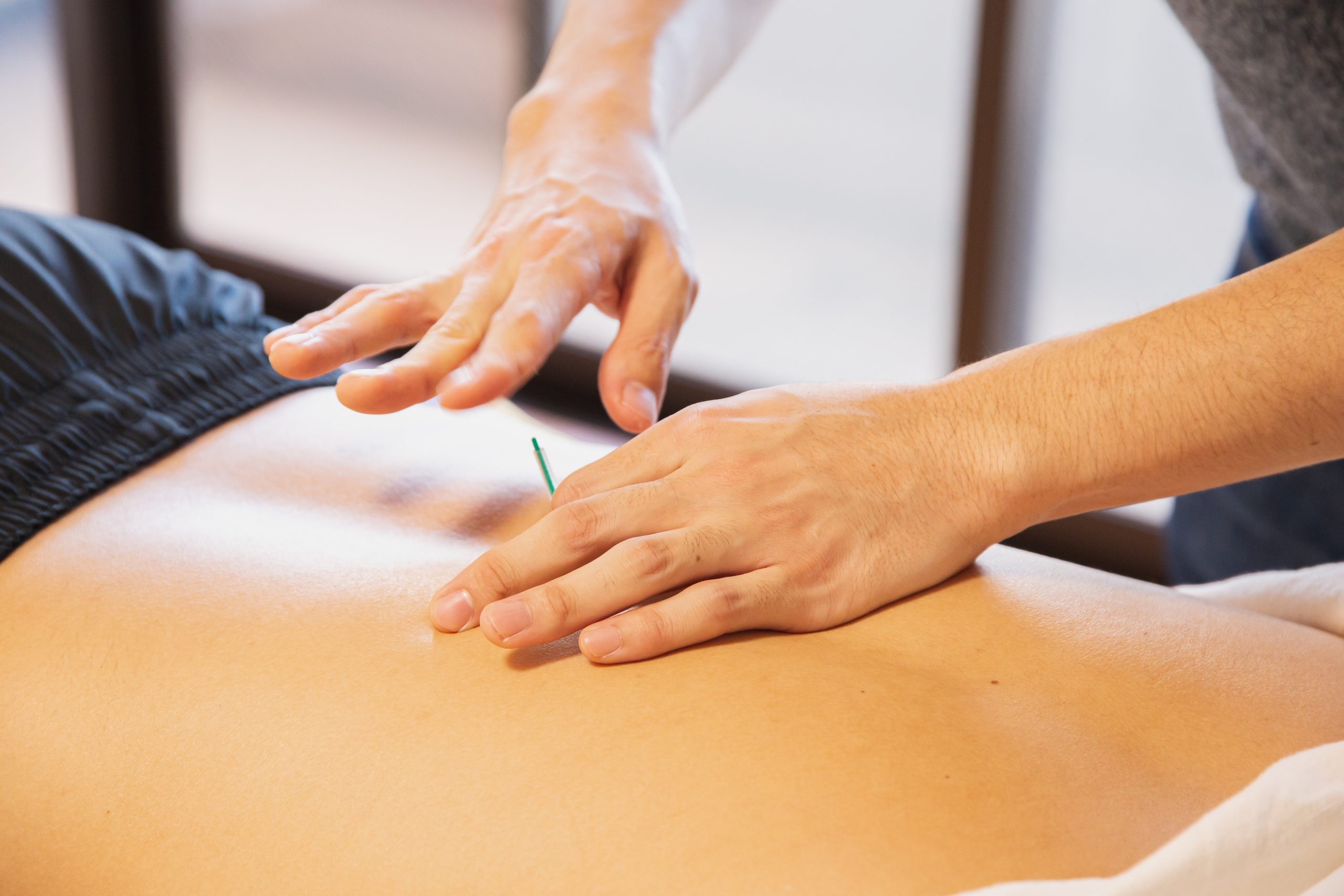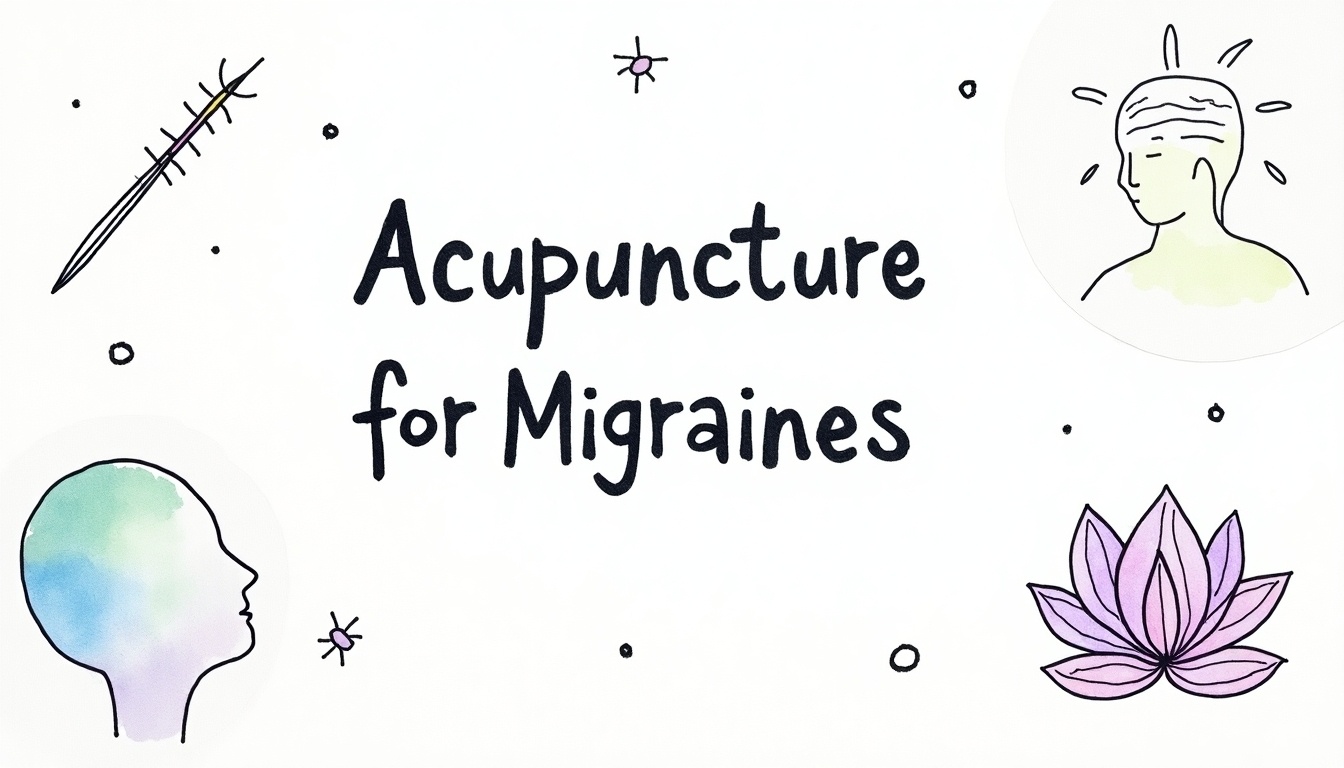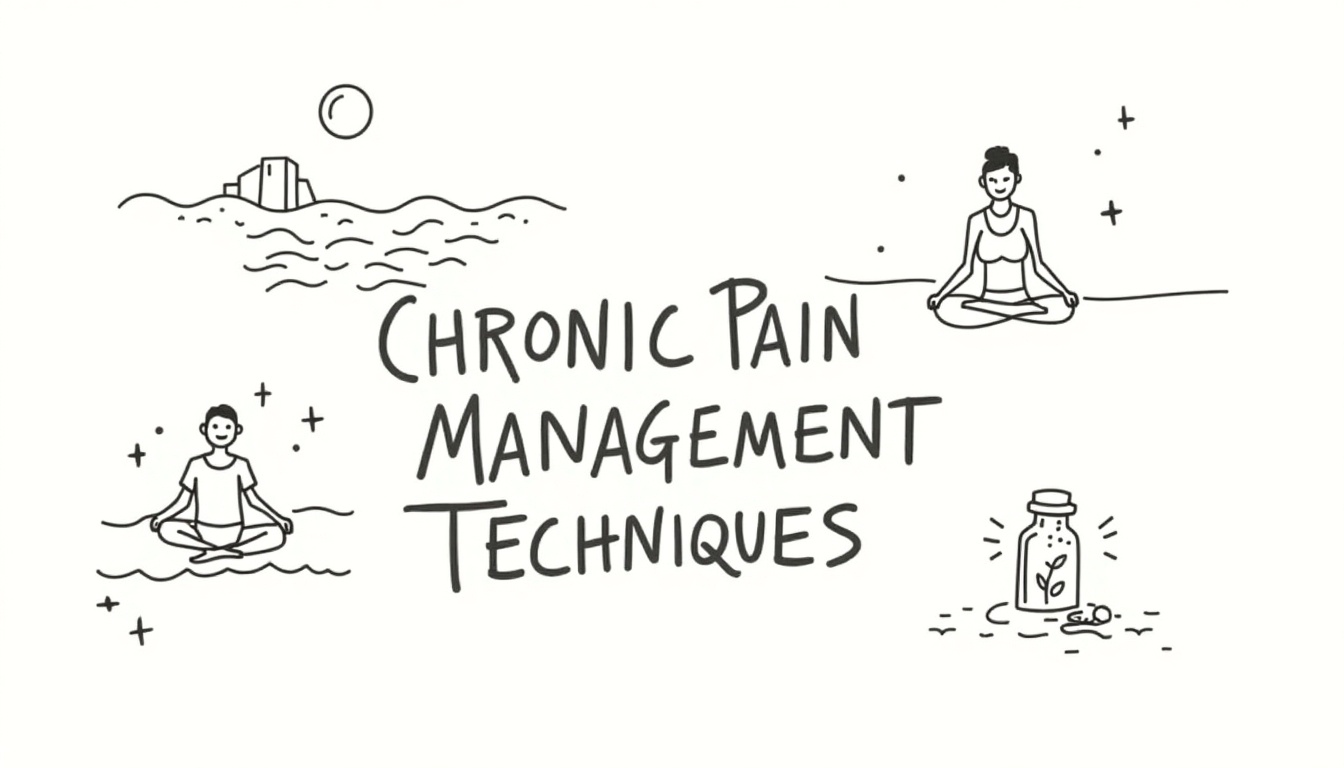Everything You Need to Know About Acupuncture
Acupuncture is an ancient Chinese medicine technique that has existed for thousands of years. Despite the advancement in technology, acupuncture is still considered an effective form of alternative medicine that provides relief from multiple health issues, including chronic pain, stress, and anxiety. The traditional healing technique involves the insertion of a fine needle into specific points of the body.
This practice stimulates the flow of energy and promotes natural healing. Due to its noninvasive techniques and holistic benefits, acupuncture has become a sought-after treatment for many. Let’s dive into the world of Acupuncture 101 and explore its benefits, how it can help target specific problems, and how often should you get acupuncture.
Benefits of Acupuncture
The many benefits of acupuncture have made it a popular therapy that helps people stimulate their nervous system. The following are some ways acupuncture can help improve health:
Pain Relief
The practice of acupuncture stimulates the central nervous system and releases endorphins, a chemical the body produces to work as a natural painkiller. Acupuncture can provide ease from different types of pain, such as headaches, chronic back pain, menstrual cramps, etc.
Reduces Stress
The release of endorphins also impacts your mood and reduces anxiety. Acupuncture also helps regulate the nervous system so it effectively manages the “flight or fight” response. Thus, maintaining the heart rate and blood pressure levels.
It also stimulates the production of neurotransmitters like serotonin and dopamine, which regulate your mood and emotions.
Improves Sleep
Acupuncture provides a natural way to improve the quality of sleep. It does so by regulating your internal clock that controls the sleep and wake cycles, also known as the body’s circadian rhythm. Acupuncture increases the production of melatonin, a hormone that manages sleep.
Since acupuncture also relieves pain, this also ensures that you are at ease and will be able to sleep without discomfort.
Improves Digestion
Acupuncture increases the blood flow to the digestive organs, stimulating the production of digestive enzymes and reducing inflammation in the stomach. It also promotes a healthy gut microbiome which is essential for high digestive functioning and overall health.
Boosts Immune System
This alternative medical practice also regulates the production of white blood cells that help your body fight against infections and diseases. Acupuncture reduces inflammation in your body, which is a big reason for a weakened immune system.
The Science Behind Acupuncture
Multiple studies conducted on modern medicine show that acupuncture is an efficient treatment that can help people with chronic pain, migraines, and mental health issues like PTSD, ADHD, and anxiety.
So, what is the science behind this fascinating practice? How does it work?
Well, the answer lies in its connection with the central nervous system and how your body responds to the insertion of needles into specific points.
When a needle is inserted at a specific point in your body, the nerve fibers responsible for sending signals to the brain are activated. This is how the chemicals are released in your brain, providing you with the many benefits as discussed above in this acupuncture 101 guide.
By promoting the release of natural painkillers, neurotransmitters, and other hormones, acupuncture supports healing and your well-being.
Targeting Different Problem Areas with Acupuncture
Now that we have established that acupuncture can be used for treating different health issues let’s move on to understand how acupuncture targets different parts of the body.
Here is how some common health problems issues are treated through acupuncture:
Acupuncture for Back Pain: In order to treat back pain, the acupuncturist will insert needles at specific points in your back to release tension. The idea behind this practice is to stimulate the natural process of healing.
Acupuncture for Migraines: The therapist will insert needles into certain points in the head and neck to treat migraine through acupuncture. This will help regulate the blood flow and reduce inflammation. People with chronic illnesses will significantly benefit from this procedure.
Acupuncture for Fertility: Many people have considered getting acupuncture as a complementary therapy for fertility treatment. Inserting needles into certain parts of the body that are associated with reproductive health can help boost blood flow to the organs and stimulate the hormones you need to improve fertility.
Acupuncture for Stress and Anxiety: The specific points to treat stress or anxiety are the ears, between your eyebrows, breastbone, or the inside of your wrists. The acupuncturist will decide where to insert the needles depending on your physical or mental symptoms.
Acupuncture for Pinched Nerve: A lot of people find relief after experiencing acupuncture for pinched nerve. It alleviates the pain and discomfort which is common in this health issue. A qualified acupuncturist will insert needles in the problem areas to target the nerve. Your symptoms will also determine acupuncture points.
What to Expect During an Acupuncture Session?
The distinct technique of this practice may make you wonder what a regular acupuncture session looks like. Let’s look at a typical first acupuncture session for your better understanding:
Consultation with the Acupuncturist: Like any medical visit, the first thing you will need to do is discuss your health issues with your acupuncturist. They will discuss your medical history and symptoms. To gain a better understanding of your health, some acupuncturists will ask about your lifestyle and diet.
Examination and Treatment Plan: Next, the acupuncturist will perform an examination to identify the areas for treatment. The examination will involve checking your pulse and tongue. They will also assess different parts of your body through touch to analyze the energy flow.
Once they understand your condition and what your body needs, they will create a treatment plan uniquely designed for your special needs.
Acupuncture Treatment: Once the acupuncturist is ready to begin the treatment, they will guide you through the process and let you know where the needles will be placed. They will ask you to sit or lie down on the treatment bed to start the process.
Your acupuncturist will insert sterile needles into certain points of your body as per your need. You might feel a slight prick as they insert the needle. Some people experience a tingling sensation depending on the area being treated.
The acupuncturist will leave the needles in your body for several minutes (20 to 30 minutes) while you relax.
Aftercare Instructions: When your session ends, the acupuncturist will provide aftercare instructions. They will suggest diet modifications or lifestyle changes to improve your overall health. At times, your acupuncturist will require you to return for follow-up sessions for long-lasting benefits.
Safety and Side Effects of Acupuncture
Remember, acupuncture should be performed by a licensed and trained professional who is well-informed about all the safety protocols. Some safety precautions that you should be aware of are:
- The acupuncturist should follow proper hygiene practices and use sterile needles to prevent the spread of infection.
- People with bleeding disorders or those taking blood thinners need to consult their doctors before getting acupuncture.
It is also best to be aware of the potential side effects that some people experience, such as bruising, bleeding, or soreness in the acupuncture points.
Choosing not to go to a licensed and professional acupuncturist will increase your risk of complications like infections or as severe as punctured organs.
A licensed professional will never hesitate to show their credentials. You can also ask them to share reviews of past customers to ensure you are making the right choice and you will reap the benefits of treatment.
How Often Should You Get Acupuncture?
Depending on your health issue, you may require several sessions or just a single sitting for treatment. Your age, health, and the severity of your condition affect your response to treatment.
Your acupuncturist will consider these factors when developing your treatment schedule. More complex diseases and symptoms will require more sessions. Typically, the acupuncturist will start you off with weekly treatments for the first few weeks.
Once your body starts responding positively to the treatment, your sessions will be reduced to once every two weeks or once a month. Acupuncturists create schedules for their clients based on their needs so they can cater to them specifically. Discussing your problems and symptoms with the acupuncturist in detail will help them create an effective customized treatment plan with you that will help you find relief and recover from your ailment.
Takeaway
Acupuncture is a safe and effective alternative medicine technique that helps people get relief from pain and discomfort from different health issues while improving their immune system and reducing stress.
If you wish to experience acupuncture and its various benefits, choosing a reputable and qualified practitioner who thoroughly understands the practice is critical.
At Benessere Miami, our team of skilled acupuncturists is dedicated to providing the highest quality of care and personalized treatment plans tailored to your specific needs.
Contact us today to schedule your appointment and start your journey toward optimal health and wellness!
Benessere Miami
Benessere Miami is your holistic health and wellness destination. Our experienced team offers personalized acupuncture treatments rooted in Chinese Medicine. Join our mailing list for exclusive content, expert tips, and special offers. You can also browse our supplement store and essential oil website for high-quality products. Heal your body and mind naturally with Benessere Miami (insurance accepted).
Acupuncture for Migraines: What You Need to Know
Acupuncture involves inserting needles into specific body points to relieve migraines and promote he
An Insight into Chronic Pain Management Techniques & Therapies
This article explores the effectiveness of combining acupuncture, massage, and cupping therapies in
How Often Should You Get Acupuncture?
Wondering how many acupuncture sessions you will need to achieve your health and wellness goal? Clic
 English
English  Spanish
Spanish  Portuguese
Portuguese 





